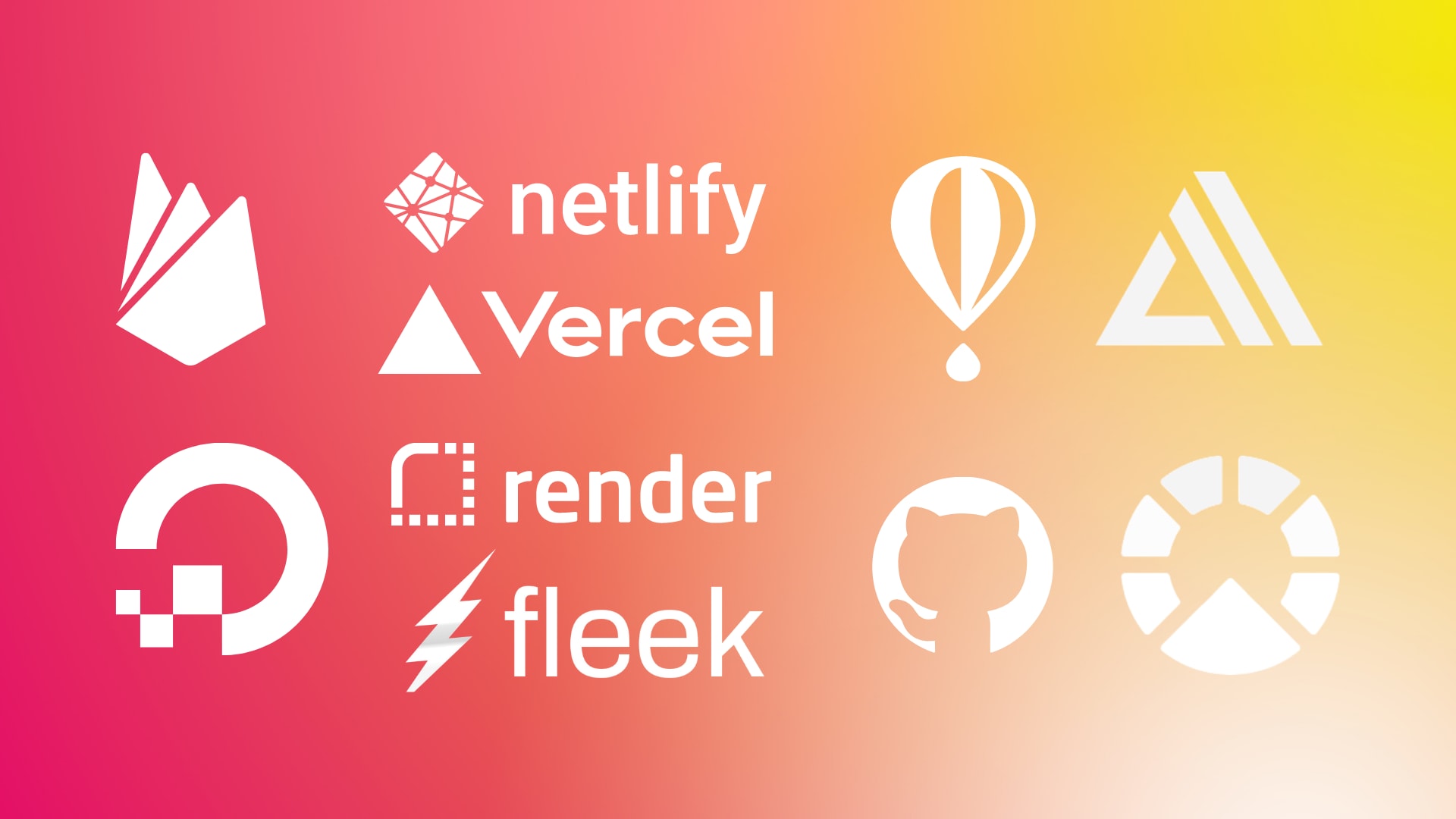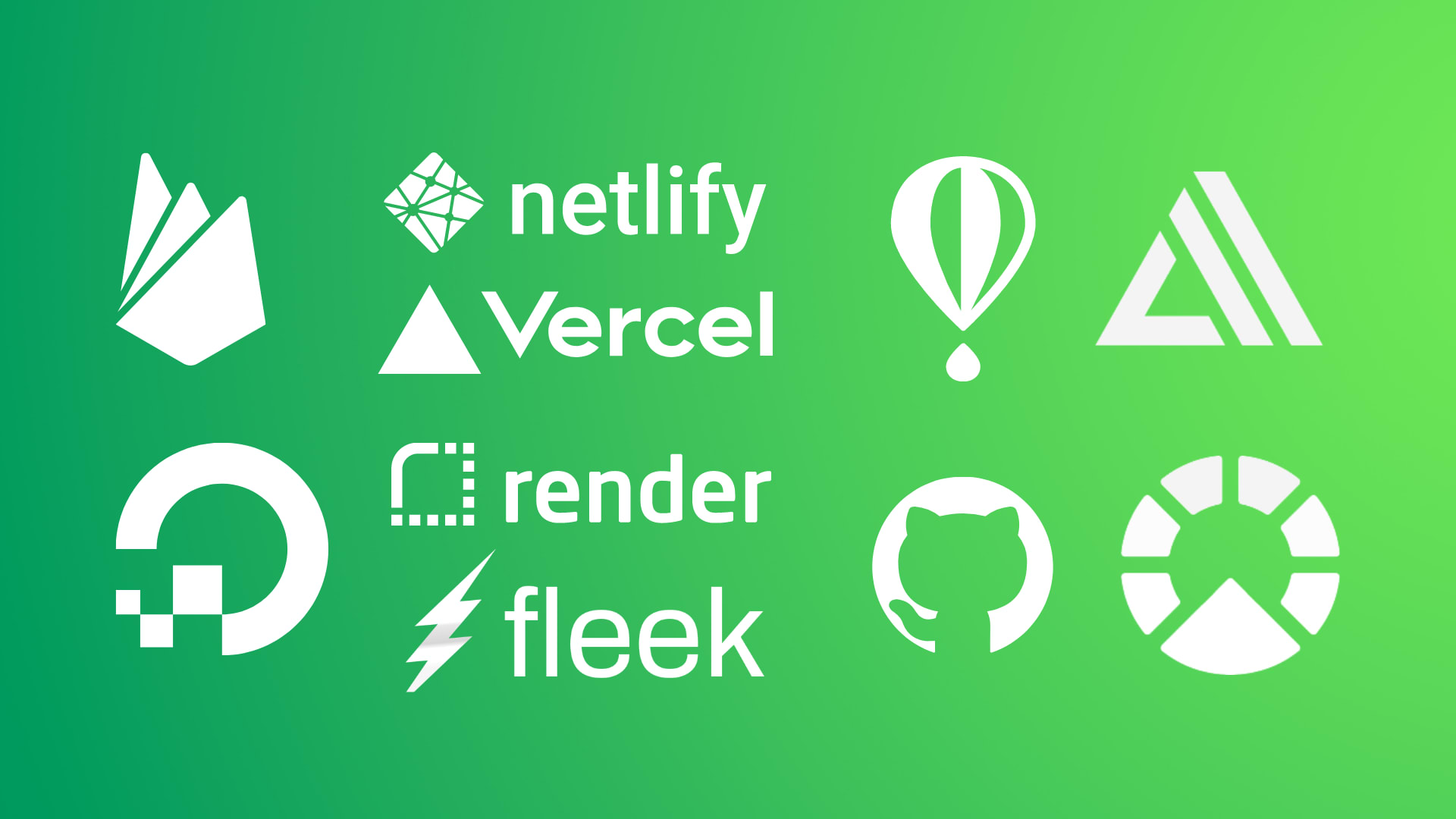

This case study provides a detailed technical implementation for starting cannabis ecommerce business with all the features required for the online store, including identity verification, stock management in weight, maximum quantity allowed to sell to a single customer, and legal requirements.
Cannabis has been legalized in Canada for both medical and recreational use. As the industry continues to grow, there is a high demand for online cannabis stores in Canada. I will be discussing different ecommerce platforms and there pros and cons for building a cannabis ecommerce store.
What are the required features ?
-
Identity Verification
In order to comply with Canadian regulations, the cannabis ecommerce store will require identity verification for all customers. This will ensure that only legal adults (19 years old, except for Alberta and Quebec where the minimum age is 18) are able to purchase cannabis products. The verification process will include a government-issued ID check and a self-identification check.
KYC Service providers like Plaid and Trulioo and robust API and can be integrated to your ecommerce platform to ease out the process of identity verification of customers.

-
Stock Management in Weight
Cannabis products are sold by weight, so the ecommerce store will need to be able to manage inventory in weight measurements. This will ensure that accurate stock levels are maintained and that customers are able to purchase the desired amount of product.Since, maintaining inventory by weight make the job easier, sellers usually assume 1 qty = 30 grams (1 Oz) and estimate sale by weight using simple multiplication.
-
Maximum Quantity Allowed to Sell to a Single Customer
Canadian regulations limit the amount of cannabis that can be sold to a single customer in a single transaction. Though its varies by province and territory. In general, the federal government has set a limit of 30 grams of dried cannabis (or equivalent) per purchase, but individual provinces and territories may set lower limits. For example, in Ontario, the limit is 30 grams per purchase, while in Quebec, the limit is 150 grams per 30-day period.The ecommerce store will need to enforce these limits and prevent customers from exceeding the legal limits.
-
Payment Gateway Integration:
Since selling cannabis online is a high-risk business, finding a payment gateway that supports the industry can be challenging. The payment gateway allows customers to purchase products using different payment methods like credit cards, bank transfer, wallet based payments which is important for the convenience of customers.
Moneris, Square, Worldline and Clearly Payments are few of available options of payment gateways that allows cannabis transactions on their platform.
-
Shipping Integration:
We need to integrate a shipping system that ensures that cannabis products are shipped only to locations where it is legal to do so. The shipping system also ensures that the products are shipped securely and discreetly.
Canada Post, Purolator and FedEx are few Shipping service providers which allows cannabis shipping by licensed sellers.
-
SEO Optimization:
To ensure that the ecommerce store is visible in search engine results, we implemented search engine optimization (SEO) strategies such as optimizing product descriptions, name, keywords, etc.
What are the legal requirements ?
In Canada, the sale of cannabis is legal for both medical and recreational purposes, but there are strict regulations around it. We have listed few important legal requirements below:
-
Licensing
To sell cannabis online, retailers must be authorized by Health Canada, and their website must comply with the Access to Cannabis for Medical Purposes Regulations (ACMPR). Also, retailers must obtain a license from the government to sell cannabis products online.
-
Age verification
Retailers must verify that customers are at least 19 years (except for Alberta and Quebec where the minimum age is 18) of age before selling them any cannabis products. The age verification process must be secure and reliable.
-
Security
Retailers must ensure that all transactions are secure, and that customer information is protected.
-
Product labeling
All cannabis products must be labeled with specific information, including the type of cannabis, the level of THC and CBD, and other information required by law.

-
Packaging
All cannabis products must be packaged in child-resistant containers that meet specific requirements.


-
Advertising and marketing
Advertising and marketing of cannabis products must comply with strict rules, including restrictions on advertising to minors and on making health claims.
-
Record keeping
Retailers must maintain detailed records of all transactions, including customer information and product details.
-
Taxes
Retailers must collect and remit applicable taxes on all cannabis products sold. The tax rate on cannabis products in Canada varies depending on the province or territory. As of April 2023, the federal excise tax rate for cannabis products is 10% of the sale price or $1 per gram of dried cannabis, whichever is higher, and the provincial/territorial sales tax (PST) may range from 5% to 15%.
-
Shipping
Cannabis products must be shipped in a manner that complies with all applicable laws and regulations.
Open Source Ecommerce Platforms
There are several open source ecommerce platforms that can be used to build a cannabis ecommerce store for the Canada region. Here are the pros and cons of each platform:
-
Magento
Magento is a popular e-commerce platform that offers a wide range of features and customization options. It is an ideal platform for large-scale e-commerce stores with complex product catalogs. Magento's flexibility and scalability make it an excellent choice for the cannabis industry, where businesses need to manage a variety of products and regulations.
Pros:
- Robust inventory management features, with Multi Warehouse Inventory (MSI) support.
- Scalable and customizable
- Supports multiple languages and currencies
- Huge plugin marketplace
Cons:
- Steep learning curve
- Requires technical expertise to set up and maintain
- Expensive enterprise version
-
Shopware
Shopware is a German-based e-commerce platform that offers a modern and intuitive user interface. It is an ideal choice for businesses that want a high level of customization and flexibility. Shopware also has an active community of developers that provide ongoing support and updates, which is essential for the cannabis industry.
Pros:
- User-friendly interface
- Strong SEO features
- Good customer management features
Cons:
- Limited plugin options
- Less popular than other platforms
- Not as scalable as some other platforms
-
Vendure Commerce
Vendure Commerce is a relatively new opensource headless e-commerce platform that is built on Node.js and TypeScript and offers a modern, GraphQL-based architecture. It is an ideal platform for businesses that require a high level of customization and flexibility. Vendure Commerce is particularly well-suited for the cannabis industry due to its focus on security and compliance.
Pros:
- Flexible and customizable
- Strong inventory management features
- Supports multiple languages and currencies
Cons:
- Less user-friendly than some other platforms
- Limited documentation and community support
- Smaller plugin marketplace
-
Medusa
Medusa is a relatively new opensource modular headless e-commerce platform that is built on Node.js as an alternative to a saas platform Shopify. It has gained popularity for its flexibility and ease of customization.
Pros:
- Flexible architecture allows for easy customization and extension
- Built-in support for multiple languages, currencies, and payment gateways
- Modular design allows for easy integration with third-party tools and services
Cons:
- Relatively new platform with limited documentation and community support
- Steep learning curve for developers who are not familiar with the platform's architecture and development practices
- Limited number of pre-built themes and extensions compared to more established platforms like Shopify and WooCommerce.
-
WooCommerce
WooCommerce is an open-source ecommerce platform that is built on WordPress. It is a user-friendly platform that is easy to set up and use. WooCommerce can be an excellent choice for small businesses or those just starting with ecommerce.
Pros:
- Easy to set up and use
- Wide range of plugin options
- Integrates well with WordPress
Cons:
- Less scalable than some other platforms
- Limited inventory management features
- Requires additional plugins for certain features
-
Saleor
Saleor is a popular open-source ecommerce platform that is built on Python and Django. It is a flexible and scalable platform that offers a variety of features. Saleor can be an excellent choice for medium to large-sized businesses.
Pros:
- User-friendly interface
- Strong inventory management features
- Good multichannel capabilities
Cons:
- Limited documentation and community support
- Not as customizable as some other platforms
- Limited plugin marketplace
-
Spree Commerce
Spree Commerce is a popular open-source ecommerce platform that is built on Ruby on Rails. It is a flexible and scalable platform that offers a variety of features. Spree Commerce can be an excellent choice for medium to large-sized businesses.
Pros:
- Modular architecture for easy customization
- Good multichannel capabilities
- Wide range of plugin options
Cons:
- Can be difficult to set up and maintain
- Limited inventory management features
- Less user-friendly than some other platforms
-
Reaction Commerce
Reaction Commerce is an open-source ecommerce platform that is built on Node.js. It is a headless ecommerce platform that offers a variety of features. Reaction Commerce can be an excellent choice for businesses that require a flexible and scalable platform.
Pros:
- Highly customizable
- Good multichannel capabilities
- Strong inventory management features
Cons:
- Limited documentation and community support
- Can be difficult to set up and maintain
- Limited plugin marketplace
-
Sylius
Sylius is an open-source e-commerce platform built on the Symfony framework, which offers a flexible and modular architecture. It is a great choice for building a cannabis e-commerce store due to its customizable checkout process and product management capabilities.
Pros:
- Modular architecture for easy customization
- Strong inventory management features
- Good multichannel capabilities
Cons:
- Limited documentation and resources compared to more established platforms
- Limited plugin and extension library compared to other ecommerce platforms
- Fewer pre-built templates compared to other platforms, requiring more development time to create a unique storefront
-
PrestaShop
Pros:
- User-friendly interface, making it easy for new users to navigate and manage the storefront
- Large community support and active development community
- Offers multi-store capabilities
Cons:
- The platform can be slow when handling large inventories.
- Limited scalability compared to other platforms.
- The customization options can be limited.
SAAS Ecommerce Platforms
-
Shopify
Shopify is a SAAS platform that offers online retailers a suite of services including payments, marketing, shipping and customer engagement tools. By default they do offer a cannabis-specific platform called "Shopify for Cannabis." This platform is only available in certain provinces in Canada where cannabis sales are legal.
Pros:
- User-friendly interface: Shopify has a very intuitive and user-friendly interface that makes it easy for even non-technical users to set up and manage an online store.
- Large app store: Shopify has a large app store with a wide range of apps that can add extra functionality to your online store, including apps for shipping, marketing, and analytics.
-
Good customer support: Shopify offers 24/7 customer support via phone, email, and live chat, which can be helpful if you run into any technical issues.
Cons:
- Transaction fees: Shopify charges transaction fees for using third-party payment gateways, which can add up and cut into your profit margins.
- Limited customization: While Shopify offers a wide range of templates and themes, customization options can be limited compared to some other ecommerce platforms.
- Expensive monthly plans: Shopify's monthly plans can be more expensive compared to some other ecommerce platforms, especially for larger businesses.
-
BigCommerce
BigCommerce is a SAAS platform similar to Shopify, it offers online store creation, search engine optimization, hosting, and marketing and security from small to Enterprise sized businesses.
Pros:
- Advanced ecommerce features: BigCommerce offers advanced ecommerce features like multi-channel selling, product reviews, and abandoned cart recovery, which can help increase sales and customer engagement.
- Good value for money: BigCommerce's monthly plans are generally more affordable than Shopify's plans, especially for larger businesses.
- Robust integrations: BigCommerce offers robust integrations with a variety of third-party tools, including payment gateways, shipping carriers, and marketing automation tools.
Cons:
- Steep learning curve: BigCommerce can be more difficult to set up and use compared to some other ecommerce platforms, especially for non-technical users.
- Limited app store: While BigCommerce offers a variety of integrations, its app store is relatively small compared to Shopify's app store, which can limit your options for adding extra functionality to your online store.
- Less intuitive interface: BigCommerce's interface can be less intuitive compared to some other ecommerce platforms, which may require more time and effort to learn and navigate.
Conclusion
To summarize, building a cannabis ecommerce store requires careful consideration of the legal regulations and technical requirements. The choice of ecommerce platform should be based on factors such as scalability, customization, and pricing. Shopify, Medusa and Vendure are two popular platforms to start with. They both offer several advantages and disadvantages, and it is important to weigh these before making a decision.
Overall, the cannabis industry is rapidly evolving, and it is crucial to stay up-to-date with the latest regulations and technologies to build a successful online store. You can contact us for any support in building an ecommerce store.
References:
- https://www.shopify.com/sell/cbd
- https://www.bigcommerce.com/solutions/cbd/
- https://www.shipstation.com/blog/how-to-ship-cannabis-in-canada/
- https://www.greenmarketreport.com/payment-gateways-for-cannabis-businesses-in-canada/
- https://www.greenmarketreport.com/shipping-providers-for-cannabis-businesses-in-canada/
- https://laws-lois.justice.gc.ca/eng/acts/c-24.5/
- https://www.ecomdash.com/pros-and-cons-of-popular-ecommerce-platforms/
- https://www.cannabissciencetech.com/view/setting-the-standard-for-cannabis-labeling-introducing-the-universal-cannabis-product-symbol-and





